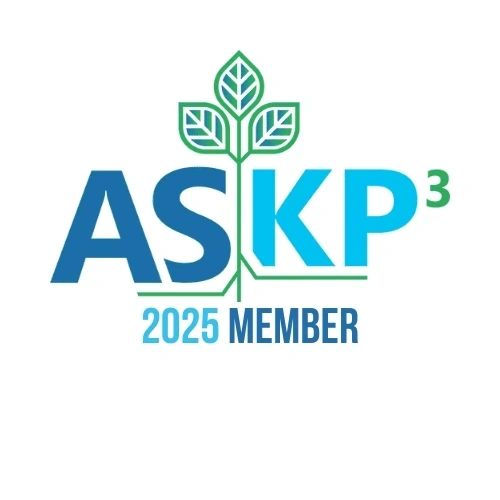What is Ketamine?
Understanding the science behind this groundbreaking treatment for depression, anxiety, and PTSD. Learn how ketamine works and why it's revolutionizing mental health care.
Explore Our Ketamine ProgramA Revolutionary Approach to Mental Health
Ketamine represents a paradigm shift in mental health treatment. Originally developed as an anesthetic in the 1960s, ketamine has emerged as one of the most significant breakthroughs in psychiatric medicine in decades.
Unlike traditional antidepressants that can take weeks or months to show effects, ketamine often provides rapid relief from symptoms of depression, anxiety, and PTSD - sometimes within hours or days.
FDA Breakthrough Therapy
In 2019, the FDA approved esketamine (Spravato), a nasal spray form of ketamine, as a breakthrough therapy for treatment-resistant depression.

How Ketamine Works in the Brain
Understanding the unique mechanism that makes ketamine so effective
Traditional Antidepressants
- Target serotonin, norepinephrine, or dopamine systems
- Take 4-8 weeks to show effects
- Work in about 60-70% of patients
- Common side effects include weight gain, sexual dysfunction
Ketamine
- Blocks NMDA glutamate receptors
- Effects can be seen within hours to days
- Effective in treatment-resistant cases
- Promotes neuroplasticity and brain connectivity
The Neuroplasticity Effect
Brain Connections
Ketamine stimulates the growth of new neural connections in areas affected by depression
Rapid Action
Unlike traditional antidepressants, ketamine triggers immediate cellular changes
Lasting Changes
Effects can persist between treatments as new neural pathways strengthen
Safety Profile & Administration
Ketamine has been used safely in medical settings for over 50 years. When administered by qualified professionals in controlled environments, it has an excellent safety profile.
Extensive Research
Thousands of studies support its efficacy and safety for psychiatric use
Professional Monitoring
Administered only by board-certified physicians with continuous monitoring
Controlled Environment
Treatments occur in specialized medical facilities with emergency protocols

Clinical Evidence
Extensive research demonstrates ketamine's effectiveness
Response Rate
Of patients with treatment-resistant depression show significant improvement
Rapid Onset
Many patients experience symptom relief within 24 hours of treatment
Years of Use
Proven safety record in medical settings since the 1960s
Landmark Research
NIMH Studies (2006-2012)
National Institute of Mental Health studies first demonstrated ketamine's rapid antidepressant effects, with 71% of treatment-resistant patients showing improvement within 24 hours.
FDA Approval Studies (2019)
Clinical trials leading to FDA approval of esketamine showed significant benefits in treatment-resistant depression and rapid reduction of suicidal ideation.
Who is a Candidate for Ketamine Therapy?
Understanding if ketamine treatment might be right for you
Good Candidates
- Treatment-resistant depression (failed 2+ antidepressants)
- Severe depression with suicidal thoughts
- PTSD not responding to conventional treatment
- Severe anxiety disorders
- Chronic pain with depression
Contraindications
- Uncontrolled high blood pressure
- History of psychosis or schizophrenia
- Pregnancy or breastfeeding
- Active substance abuse disorders
- Certain heart conditions
Learn More About Ketamine Treatment
Ready to explore if ketamine therapy is right for you? Our expert team is here to help.